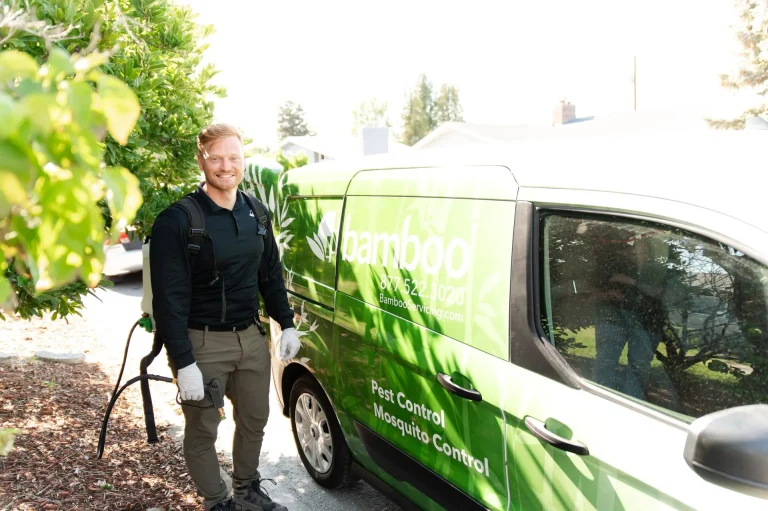Rodents may be small, but they can cause big problems, especially when it comes to your health and the safety of your neighborhood. From Seattle to Spokane, rats and mice are becoming more common across Washington, and it’s not just an annoying sight. These pests can carry diseases, make you sick, and even damage your home. If you’re wondering what to do about it, you can find more on this website to help you protect your family and your property.
Let’s look at how rodents affect public health and what you can do to help protect your community.
- Rodents Spread Dangerous Diseases
Rats and mice carry bacteria, viruses, and parasites that can make people very sick. You don’t have to touch one to get infected. Just breathing in dust from their droppings or urine can spread illnesses like hantavirus, leptospirosis, and salmonella. Rodents also bring fleas and ticks, which can spread other diseases, too.
Even a small infestation can quickly grow, putting more people at risk.
- They Can Trigger Allergies and Breathing Problems
Rodents leave behind hair, droppings, and urine that can mix with the air inside your home. This makes allergies and asthma worse, especially for kids and older adults. If you notice sneezing, itchy eyes, or skin rashes, rodents might be the reason.
In tight indoor spaces like apartments or basements, the air can get dirty fast if rodents are around.
- Your Food Isn’t Safe Anymore
Rats and mice are sneaky and love to look for food at night. They can chew through packaging, get into pet food, and even leave behind germs in your pantry. That means your snacks, leftovers, and even water could get contaminated without you knowing.
Eating food touched by rodents can lead to stomach trouble, fever, or even more serious sickness.
- They Cause Costly Home Damage
Rodents never stop chewing. They chew on wires, walls, pipes, and insulation to keep their teeth short. This chewing can cause fires, plumbing problems, and even damage your home’s structure. In attics and crawlspaces, they build nests that ruin insulation and raise your energy bills.
And once they’ve made themselves at home, they can be hard to remove.
- Neighborhoods Feel Less Safe
Nobody wants to see rats running through parks, sidewalks, or yards. A rodent problem makes people feel uncomfortable and unsafe. The strong smell of rodent waste can stick around, and seeing them out in the open can cause stress and worry. In crowded areas, even a small problem can quickly spread from house to house.
Why Are Rodents a Bigger Problem Now?
A few things are making the rodent issue worse in Washington:
- Mild Winters: Warmer weather from climate change means rats don’t die off in the cold like they used to. They keep breeding all year long.
- Urban Growth: As cities grow, so does the food and shelter available to rodents. Poor trash management and abandoned buildings give rats the perfect place to hide.
- Fast Reproduction: Rats and mice can have babies every few weeks. Just a few rodents can turn into an infestation very quickly.
What Can You Do About It?
Rodent problems won’t go away on their own. Here’s how you can help protect your home and your health:
- Keep Things Clean: Take out the trash often and don’t leave food or pet bowls out overnight.
- Seal Entry Points: Close gaps under doors, around pipes, and near windows so rodents can’t get in.
- Store Food Properly: Keep food in sealed containers and clean up crumbs right away.
- Trim Back Plants: Overgrown bushes and trees give rodents hiding spots close to your home.
- Watch for Signs: Look for droppings, chew marks, or strange sounds in your walls or attic.
In larger communities, everyone needs to do their part. Public education, regular trash pickup, and building maintenance go a long way toward keeping rodents away.
Final Thoughts
Rodents are more than a nuisance, they’re a real danger to public health in Washington neighborhoods. From spreading diseases to damaging homes, they create problems you can’t ignore. But with the right steps and a bit of teamwork, we can keep our homes and communities clean, safe, and rodent-free.


